Several of the world’s most influential inventions have come from Great Britain. Remarkable scientists, inventors, doctors, and engineers developed extraordinary ideas that still benefit the world today. Without their ingenuity and perseverance, things as we know it may never have existed. Who knows how things might have turned out if these inventions had never come to fruition. Check these greatest English inventions out to see how great they were.
Top 10 Greatest English Inventions
Newton’s Laws
Inventor: Isaac Newton
Time: The 17th Century
Regarded as one of the most important scientists in history, Isaac Newton originally discovered and documented the three laws of motion in regards to physics. Newton’s Laws summarized are an object at rest stays in rest and an object in motion tends to stay in motion and they continue what they are doing unless an external force prevents it; an applied force on an object equals the rate of the change of its momentum; and finally, every action has an equal and opposite reaction. The British physicist and mathematician also was the first scientist to document the mechanic of universal gravitation. His work still influences modern science today.
The Programmable Computer
Inventor: Charles Babbage
Time: The 1820s
British mathematician and scientist Charles Babbage invented both the mechanical computer, known as the Difference Engine, and the programmable computer named the Analytical Engine. Although he invented the designs, he never saw the machines completed. Government funding ceased after only ten years of Babbage working on the project so his work was halted. Eventually British researchers built his machines, the first in 1989 and the latter in 2011. The programmable computer led the way to computing in the modern world.
Smallpox Vaccination
Inventor: Dr. Edward Jenner
Time: The 1790s
Edward Jenner, an English physician and naturalist, discovered the vaccination against the smallpox when he noticed a maid with the cowpox infection never developed the deadly disease. Determined to find a way to thwart the illness, he inoculated an eight-year old boy with cowpox pus, something that would never be allowed today. The boy was then immune to the smallpox infection. Jenner’s work led the way to further vaccines, saving millions of lives every year.
The Electric Motor
Inventor: Michael Farraday
Time: The 1800s
People do not realize how the invention of the electric motor affects their lives every day, this is no doubt one of the greatest English inventions. It can be found in household appliances, power tools, ceiling fans and even disk drives. English physicist Michael Farraday first discovered how to use electricity to create movement and then proceeded to develop the electric motor. His work led to the creation of transformers and electric generators. Farraday is commonly referred to as the Father of Electricity. If you have ever seen the television program (which happens to be the next greatest invention) Revolution, you know of the chaos created when there is no electricity.
Television
Inventor: John Logie Baird
Time: 1925
British inventor John Logie Baird first publicly demonstrated his television before the Royal Institution in January 1926. He also invented the electric color television tube, which he demonstrated in July 1928. His first television displayed a 30 line vertically scanned image at 5 frames per second, which he improved to the point of 12.5 frames per second. Baird’s invention was the first step to the future of television technology. Considered one of the most influential inventions ever created, it continues to let people all over the planet communicate through moving pictures.
World Wide Web
Inventor: Tim Berners Lee
Time: 1989
Englishman Tim Berners Lee was attending Oxford University when he thought up the concept of the World Wide Web. He introduced a paper outlining the idea of a computer hypertext that would allow researchers to share information. Lee’s idea was to link it up to the Internet so it could be shared all over the world. After developing a web browser and editor, he launched the first website ever on August 6, 1991. His invention would change the way people viewed communication and the ability to exchange of information forever.
The Telephone
Inventor: Alexander Graham Bell
Time: 1875
Telephone is also among the greatest English inventions. British inventor Alexander Graham Bell used existing telegraph technology to develop the harmonic telegraph. This device transmitted different tones across wires using multiple reeds. Working with engineer Thomas Watson to refine his invention, the two patented their ideas in 1875 in both the United States and the United Kingdom. Elisha Gray had a similar device, but Bell’s telephone patent beat out hers, making him the “official” inventor of the machine that continues to evolve and change the way people communicate.
Photography
Inventor: Thomas Wedgewood
Time: 1802
Thomas Wedgewood, a Brit with a knack for imagery, created the first photograph in 1802. The revolutionary photos were of insect wings that he took using silver nitrate on leather. While his experiments only created shadow image photograms, his conceptual breakthrough have led historians to call him the “first photographer.” Also, William Henry Fox Talbot, a British inventor, created Calotype. Calotype is a negative/positive development process that has become the basis for modern “picture taking”. Either way, the U.K. inventors are considered the founders of photography.
Jet Engine
Inventor: Frank Whittle
Time: The 1900s
Frank Whittle, a member of the British Royal Air Force, produced the ideas that led to the creation of the jet engine. They were originally rejected when introduced to the Air Ministry but then supported with the outbreak of World War II. The government contracted him for a flight-test engine and then a full-production model. Calling it the Gloster Meteor, Whittle created an invention that revolutionized air travel. For his contribution he was given knighthood and was thenceforth known as Sir Frank Whittle.
Railway Steam Locomotive
Inventor: Richard Trevithick
Time: 1799
Richard Trevithick built the first railway steam locomotive, which is also one of the greatest English inventions. When he initially invented the first high-pressure steam engine, it was so successful that he built a full-scale model for transporting ore. As a result, the English mining engineer went on to build several different models. Finally, in 1804, he invented the Penydarren locomotive, which could pull five wagons, transport up to 70 passengers and 10 tons of iron. Although the inventors of the rocket steam engine enjoyed more fame, their device was inspired by the work of Trevithick.


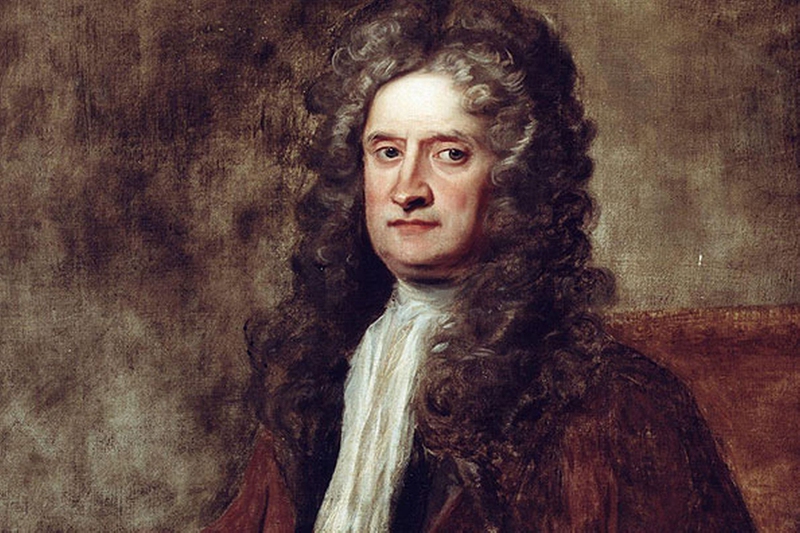
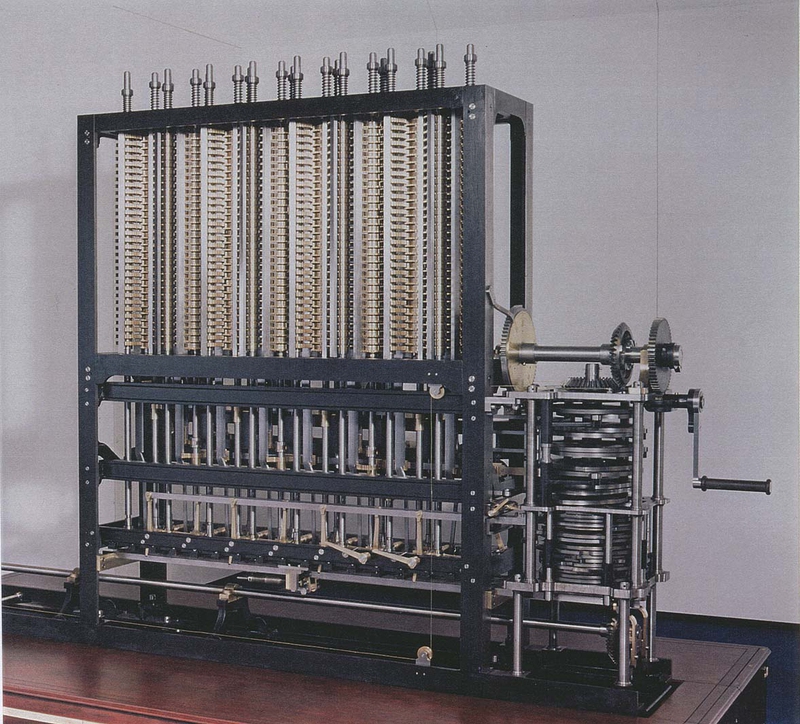
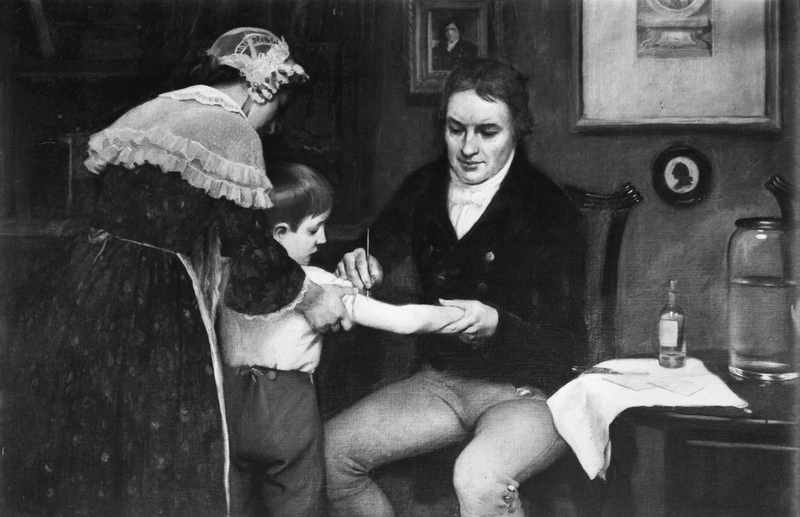
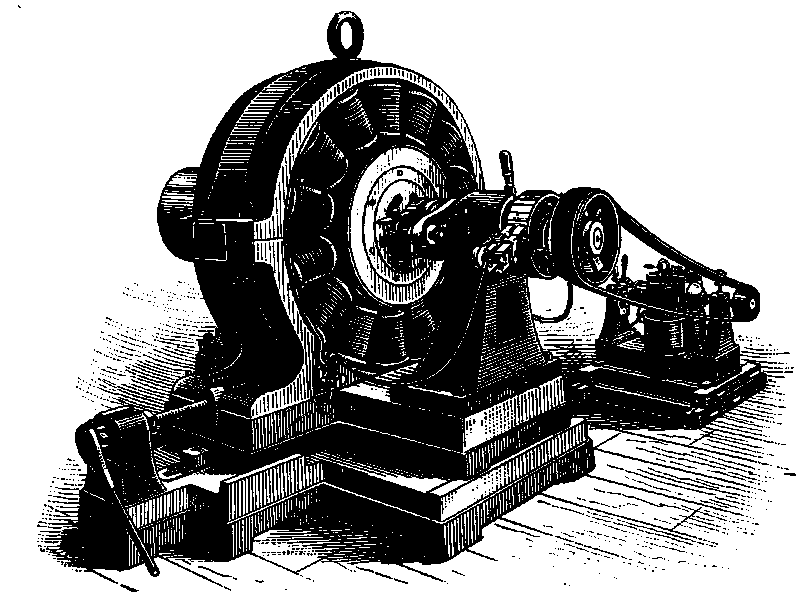
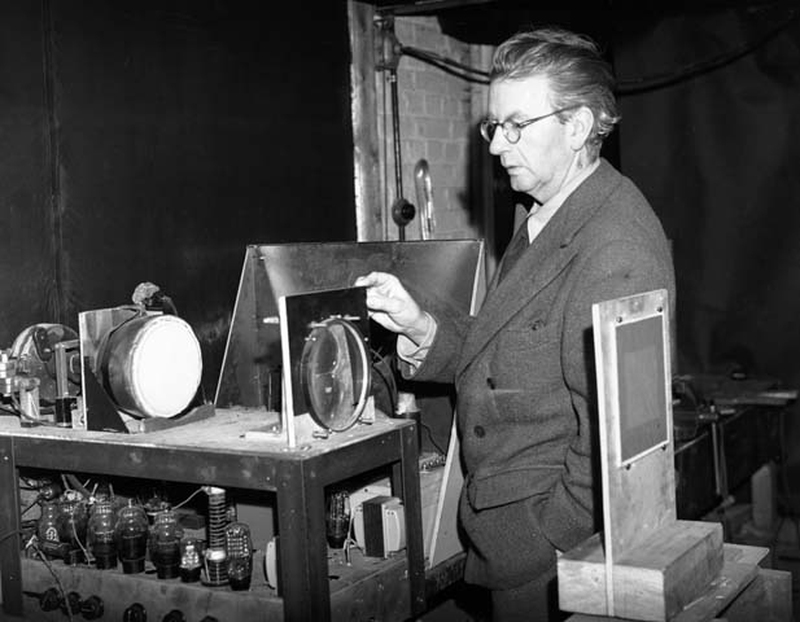
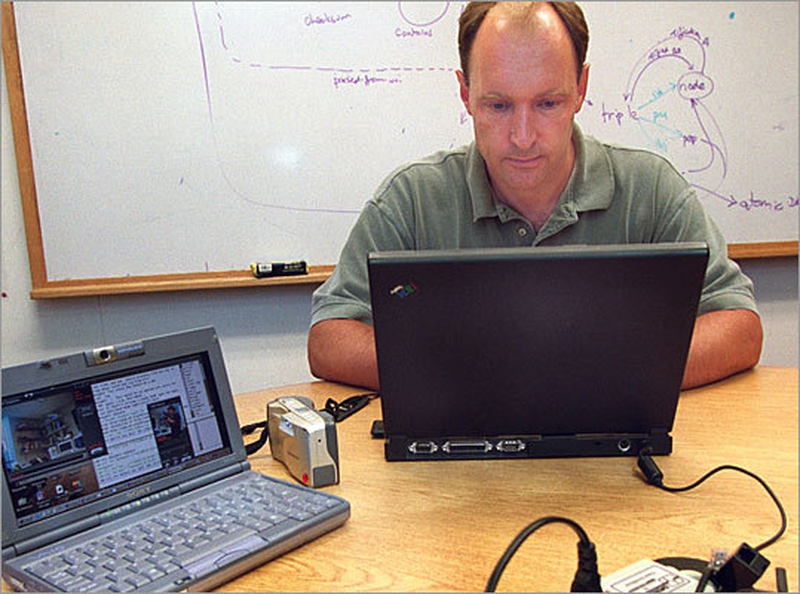

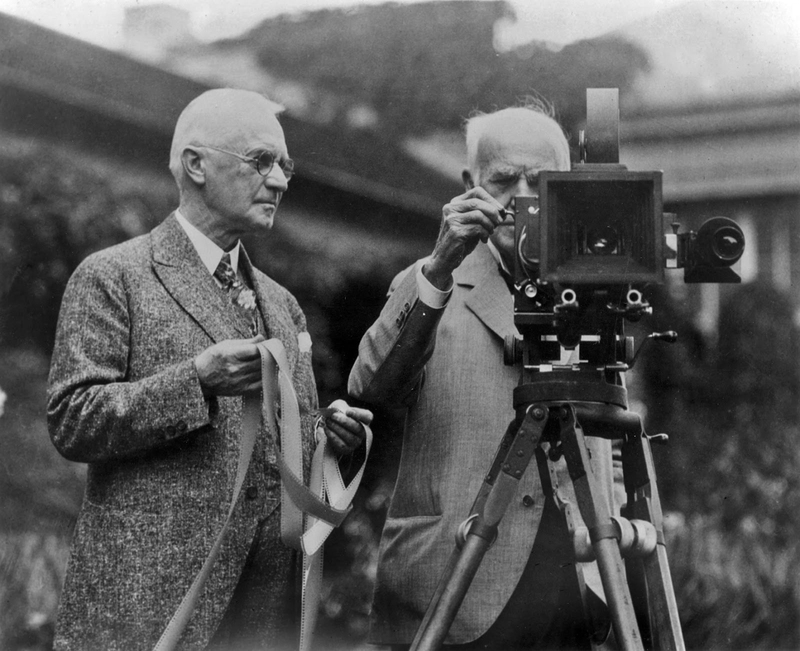
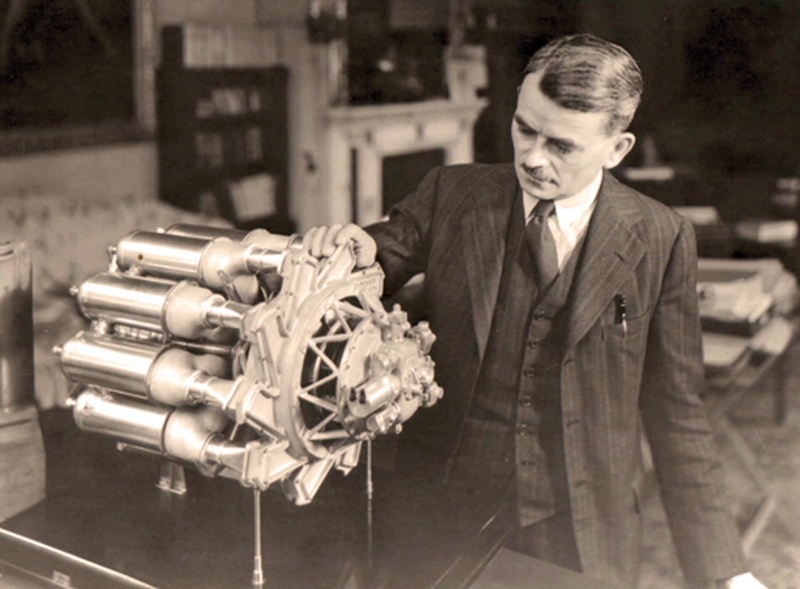
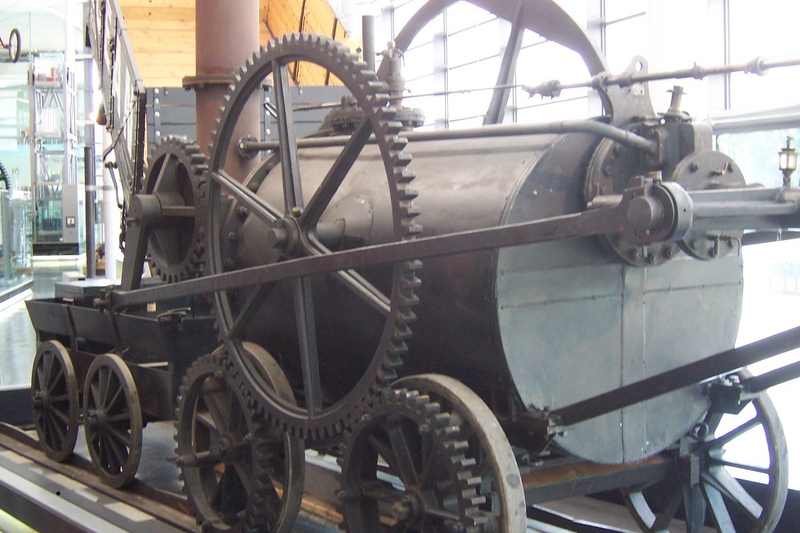
View All Comments /Add Comment